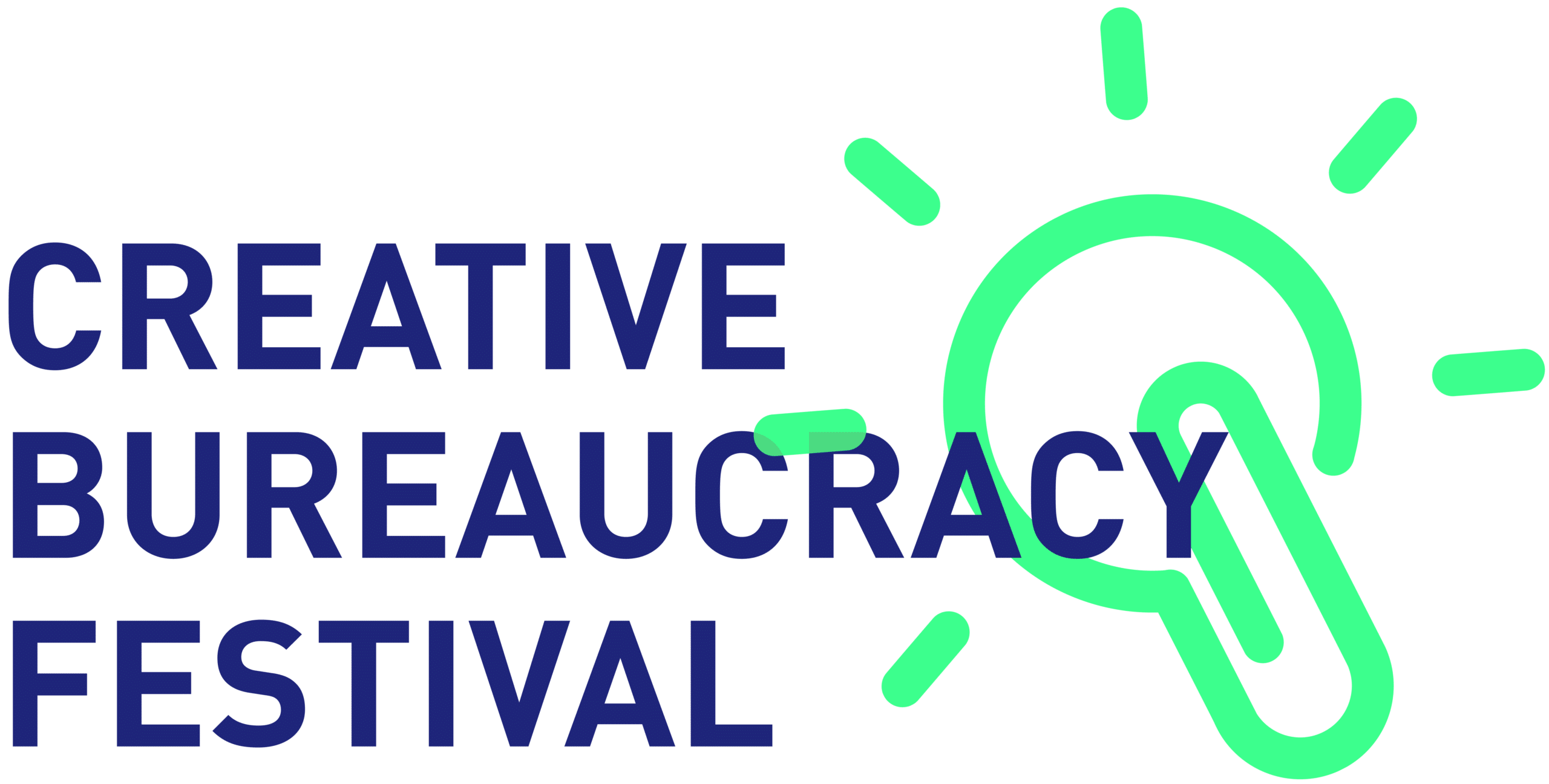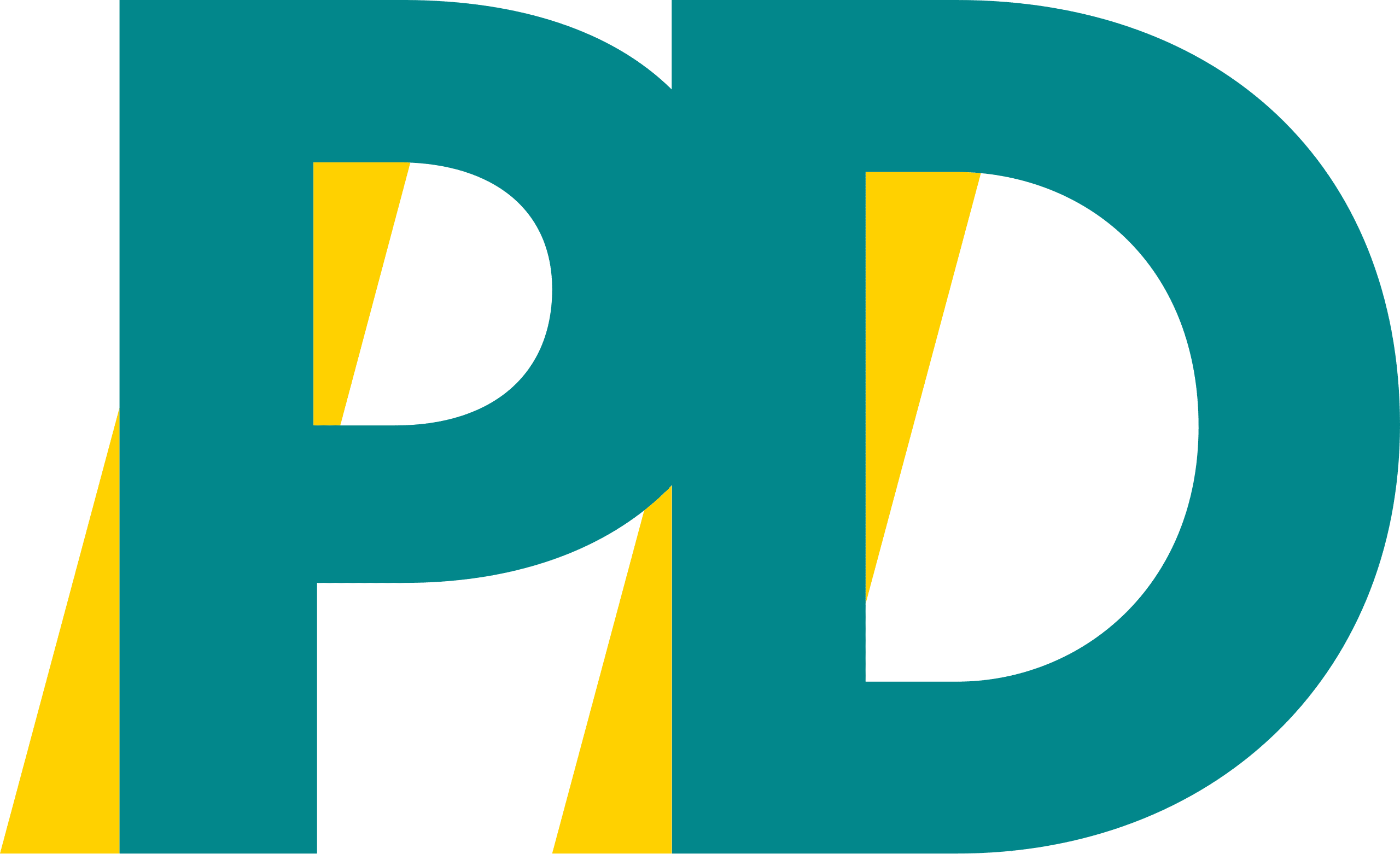
A Bureaucracy of Unlearning: Speed, Structures, Democracy
This session will be streamed live. Register here to watch on 15 June
Welcome to “A Bureaucracy of Unlearning,” a programme that delves into the crucial cultural shifts needed for long-term societal and bureaucratic change. Our speakers will lead us on a journey of exploration, examining why the process of unlearning is just as essential as learning. Through this movement of ideas and people, we will reimagine leadership, public sector talent attraction, and the fundamental building blocks of democracy. These riveting sessions will challenge the status quo, inviting all of us to rethink our existing ideals and transform our mindsets for a brighter future. Join us for an inspiring conversation that will teach us how to move beyond old patterns of thinking and embrace new approaches that pave the way for a better tomorrow.
Talk 1: Slow is the New Fast: Leadership for Lasting Change
Society celebrates leaders who promise fast, easy solutions to the world’s problems – but quick fixes are just mirages that fade, leaving us with the same broken systems. The truth is, effective social change happens through slow, intentional actions.
As a special preview to his upcoming book launch, globally acclaimed social entrepreneur Sascha Haselmayer will share a 5-step process for taking the slow lane to change – the lane that gets you to the right place faster.
Using examples of prison reform in England, urban development in Venezuela, early childhood education in New York, and others from around the world, Sascha will reveal to us the principles that create real, lasting change.
Learn more about the Slow Lane and pre-order a book copy here:
https://slowlane.us
Speaker: Sascha Haselmayer
Talk 2: Reimagining the Building Blocks of Democracy
How can we make liberal democracies more resilient in meeting 21st century challenges?
Could a new Global Centre for Democracy help us to enact such change at the necessary speed to address our current crises?
This session dives into these questions and more. It explores the specific policy recommendations required to reshape our bureaucracies for 21st century needs, and reflects on how we could spark grassroots movements to
exert pressure on policy makers to adopt and implement such changes faster.
Speakers: Elina Makri, Achilles Tsaltas
Talk 3: Attracting and Retaining Public Sector Talent: Create Lithuania’s 10-Year Story
What can the public sector offer to people who have graduated from the world’s best universities, worked in different countries, are specialised in niche areas, and who could easily choose to work where salaries are much higher?
Lithuania’s value proposition is Create Lithuania – a programme that offers a year spent working on issues that these people really care about and where they can make a real difference.
Now ten years old, the programme has numbers that speak for itself: after finishing the programme, 80% of the participants choose stay in Lithuania and 40% are still currently working directly in the public sector.
What has made this programme a success? What attracts young talent to stay in Lituania and the public sector after the programme? What are the main challenges of this approach? Find out in this talk.
Speakers: Monika Merkytė, Ieva Jurkonienė
Talk 4: 10×100: Upgrading Public Action for the Long Emergency
Every day, we experience the consequences of outdated institutions and inadequate decision architectures incapable of coping with challenges that concern us all. And while these planetary-scale challenges continue to grow exponentially, we fail to adapt organisational structures and routines at speed and scope.
This talk argues that the coming years pose an ultimate chance to unlock the transformative capacity of public institutions for:
• leading by example – engage with uncertainty and dare to shift priorities
• changing direction – from minimising destruction to regenerating the future
• coordinating shifts – through cross-sectoral learning for large-scale interventions
Hear why the next 10×100 days provide a crucial moment for bureaucracy to move beyond new public management into a learning-centred organisational mode that triggers systemic creativity and supports multi-actor collaboration towards viable common futures.
Speakers: Caroline Paulick-Thiel, Indy Johar
This is a Mainstage event, where guests can attend keynote speeches, lectures, and project presentations.
Get your festival ticket in our ticketshop. If you cannot be in Berlin with us in person, register here for free to watch the livestream of our mainstage programme.
Berlin, 10243 Germany
Sascha Haselmayer
Senior Leader, Ashoka - Innovators for the Public
Elina Makri
General Manager, The Democracy & Culture Foundation
Achilles Tsaltas
President, The Democracy & Culture Foundation
Indy Johar
Founding Director/ Dark Matter Labs
Caroline Paulick-Thiel
Director / Politics for Tomorrow
Monika Merkytė
Head of the 'Create Lithuania' programme, Invest Lithuania
Leva Jurkonienė
Coordinator of Create Lithuania programme, Invest Lithuania


